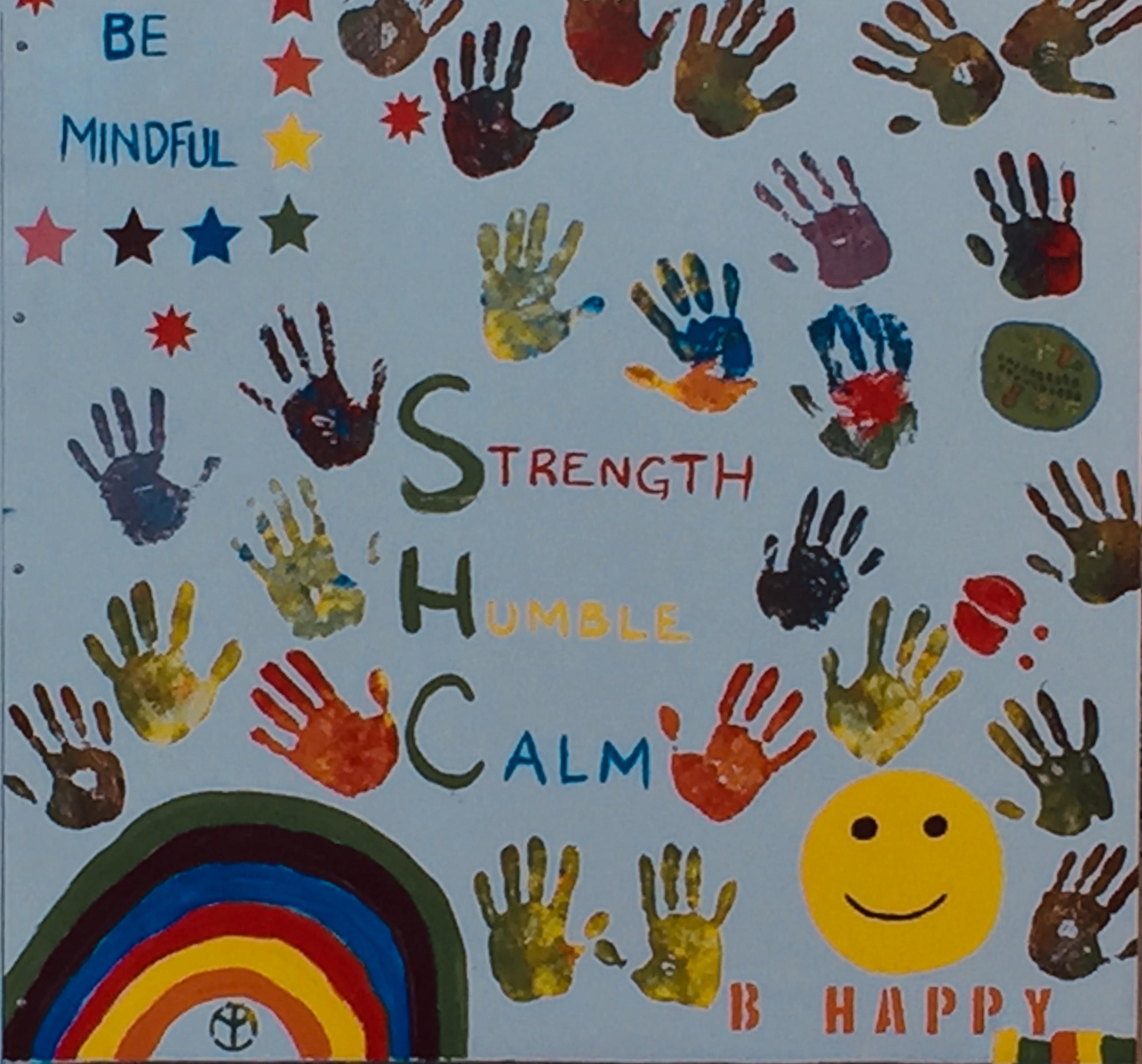In a world that constantly pulls our attention in a thousand different directions, the idea of living in the moment has emerged as a beacon of serenity. Mindfulness gurus and self-help enthusiasts often extol its virtues, promising a life imbued with peace and clarity. But is living in the moment always the panacea it’s painted to be? As we delve into the depths of this seemingly simple concept, we find a nuanced tapestry woven with threads of both liberation and limitation. This article seeks to explore the dual nature of present-moment awareness, examining when it serves as a tool for empowerment and when it might inadvertently lead us astray. Join us as we navigate the intricate dance between mindfulness and foresight, and discover whether the present moment truly holds the key to a fulfilled life.
Embracing the Present: Unpacking the Benefits and Drawbacks
Living in the moment can be a refreshing escape from the constant buzz of planning and worrying about the future. This practice often encourages a deeper connection with oneself and the world around us. Among the benefits are:
- Reduced Stress: By focusing on the present, we can alleviate the anxieties tied to future uncertainties.
- Enhanced Mindfulness: Being present can improve concentration and increase awareness of our surroundings.
- Improved Relationships: Engaging fully with others in the moment fosters better communication and understanding.
However, the allure of living solely in the present is not without its drawbacks. While it promotes mindfulness, it can also lead to:
- Lack of Planning: A sole focus on the now might result in inadequate preparation for future challenges.
- Neglect of Long-term Goals: Important ambitions and dreams may be sidelined if we ignore the bigger picture.
- Impulsive Decisions: Living moment-to-moment can sometimes encourage hasty choices without considering long-term consequences.

The Science Behind Mindfulness: When Living in the Moment Works
At the heart of mindfulness lies a fascinating intersection of neuroscience and psychology. When we engage in mindfulness, our brains exhibit increased activity in the prefrontal cortex, the region responsible for executive functions such as decision-making, attention, and self-control. This enhanced brain function can lead to improved emotional regulation and reduced stress levels. Studies have shown that practicing mindfulness can also result in structural changes in the brain, such as increased gray matter density in areas linked to memory, learning, and empathy.
Mindfulness practices have been found to offer several benefits, including:
- Reduction in anxiety and depression symptoms
- Enhanced focus and concentration
- Improved relationship satisfaction
- Increased resilience and adaptability
Yet, the effectiveness of mindfulness can be context-dependent. While it promotes a deeper connection to the present, it may not always address the complexities of past traumas or future anxieties. Thus, understanding the science behind mindfulness allows us to better integrate it into our lives, recognizing both its potential and its limitations.

Navigating the Now: Balancing Present Awareness with Future Planning
In our fast-paced world, the allure of living in the moment can often overshadow the necessity of future planning. While being present can enhance our appreciation of life’s simple pleasures, it can sometimes lead to impulsive decisions that may not align with our long-term goals. The challenge lies in striking a balance where the spontaneity of the present coexists with the foresight of future aspirations. Embracing this duality can lead to a more fulfilling life.
- Mindful Living: Engage in activities that promote awareness, such as meditation or journaling, to stay grounded.
- Goal Setting: Regularly outline both short-term and long-term goals to maintain a clear vision for the future.
- Flexibility: Be open to adjusting plans as new opportunities arise, ensuring adaptability without losing sight of core objectives.
By weaving together the threads of mindfulness and planning, we can cultivate a lifestyle that honors the present while preparing for what lies ahead. This harmonious approach not only enriches our daily experiences but also ensures we are steering our lives toward meaningful destinations.

Practical Tips for Mindful Living: Cultivating a Balanced Approach
In the pursuit of a balanced life, mindfulness offers a powerful tool to ground ourselves amidst the chaos. However, embracing the present moment doesn’t mean forsaking all planning or reflection. Here are some practical tips to integrate mindfulness into daily life while maintaining a harmonious balance:
- Set Intentions: Begin each day by setting clear intentions. This practice anchors your focus, allowing you to navigate your day with purpose without getting lost in the immediacy of each moment.
- Mindful Transitions: Incorporate short, mindful pauses between activities. These transitions can be a few deep breaths or a moment of gratitude, helping to reset and prepare for what’s next.
- Reflective Journaling: At the end of the day, spend a few minutes journaling. This encourages a reflective practice that balances living in the moment with thoughtful consideration of past experiences and future aspirations.
- Mindful Planning: Schedule time for planning and reflection. By designating specific periods for these activities, you prevent them from encroaching on your ability to stay present.
By blending mindfulness with intention and reflection, you can create a more balanced approach that supports both immediate awareness and long-term well-being. This nuanced practice ensures that while you remain engaged in the present, you are also prepared for the future.
The Conclusion
As we journey through the intricate tapestry of time, the notion of living in the moment invites us to pause and appreciate the vibrant hues of the present. While the allure of mindfulness offers a sanctuary from the chaos of modern life, it is essential to recognize that the art of presence is not a one-size-fits-all remedy. Each moment, like a brushstroke, contributes to the masterpiece of our lives, and its significance varies with context and individual circumstances.
Thus, the question remains: is living in the moment always beneficial? Perhaps the answer lies not in a definitive yes or no, but in the delicate balance we strike between savoring the present and weaving the threads of our past and future into a coherent narrative. As we navigate the complexities of existence, let us remain open to the myriad possibilities, embracing the moments that serve us while acknowledging the wisdom found in reflection and foresight.
the beauty of life may not solely reside in each fleeting moment, but in the harmony of moments past, present, and yet to come.


































